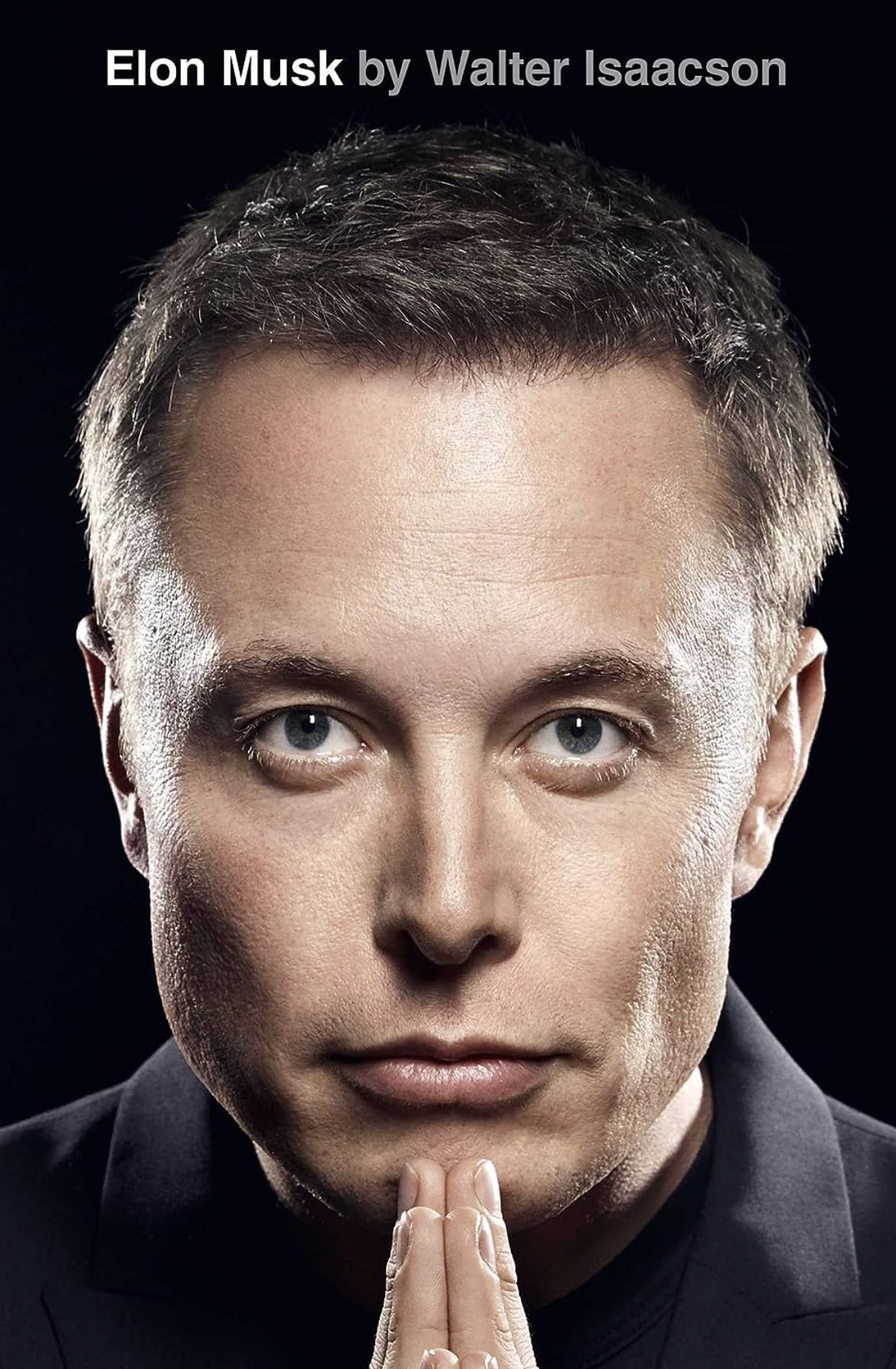Elon Musk’s Bold Claims: Bureaucracy and Fraud in Focus
Elon Musk, the renowned CEO of Tesla and SpaceX, sparked a fresh wave of controversy with his recent tweet accusing The New York Times of spreading misinformation. This comes amidst a broader discourse on bureaucratic inefficiencies and fraud in the public sector, a topic that has significant implications worldwide, including the UK.
The Tweet That Stirred the Pot
Musk’s allegation stems from a citation by Michael Shellenberger, highlighting the colossal sums lost to fraud according to a report by the Government Accountability Office (GAO) in the United States. Shellenberger pointed out that between $233 billion to $521 billion are lost annually due to fraud, figures that should worry policymakers globally.
Musk’s tweet questions why such issues persist despite clear evidence. It reflects a broader narrative on the transparency and accountability of government organizations.
The Relevance to the UK
The UK, like many countries, grapples with bureaucratic challenges and fraud within its systems. Estimates from UK government watchdogs and audits have suggested substantial yearly losses attributed to similar issues. Fraud affects various sectors, including welfare, procurement, and tax collection.
With high-profile figures like Musk bringing attention to these issues, there is renewed impetus for reforms and stricter audit controls in the UK. Questions arise about the effectiveness of current measures and whether there is sufficient political will to tackle these challenges head-on.
The Media’s Role in Accountability
Media outlets like The New York Times play a crucial role in addressing these issues. However, claims of misinformation or biased reporting can undermine the trust the public places in them. Musk’s criticisms draw attention to the media’s responsibility to present facts accurately and challenge misinformation persistently.
In the UK, the media’s role is increasingly scrutinized, especially in light of political and economic turbulences. Ensuring accuracy and impartiality becomes critical in maintaining public trust and upholding democratic values.
Implications for Future Governance
Elon Musk’s comments, while controversial, highlight important truths about inefficiencies in governance. For the UK, learning from these discussions could mean adopting technological solutions to streamline bureaucracy and adopting measures to prevent fraud.
The integration of blockchain technology for secure transactions, enhanced cybersecurity measures, and artificial intelligence to detect unusual patterns in financial data could be pivotal in combating fraud. Collaboration between the public sector and tech innovators may provide the much-needed edge against bureaucratic inefficiencies.
Conclusion: A Call for Transparency and Efficiency
As debates continue to swirl around Musk’s tweets and the media’s role, the underlying message is clear: nations must strive for greater transparency and efficiency. With technological advancements at our disposal, the path forward involves innovation coupled with vigilant oversight to safeguard public resources and build trust within governmental processes.
For the UK, these global discussions echo the need for introspection and reform, paving the way for resilient and fraud-resistant governance.
